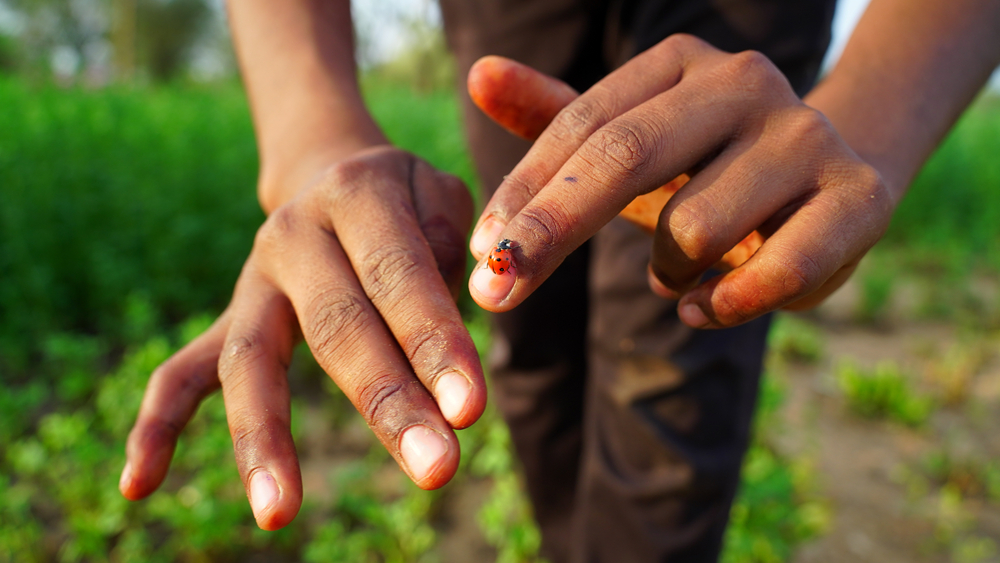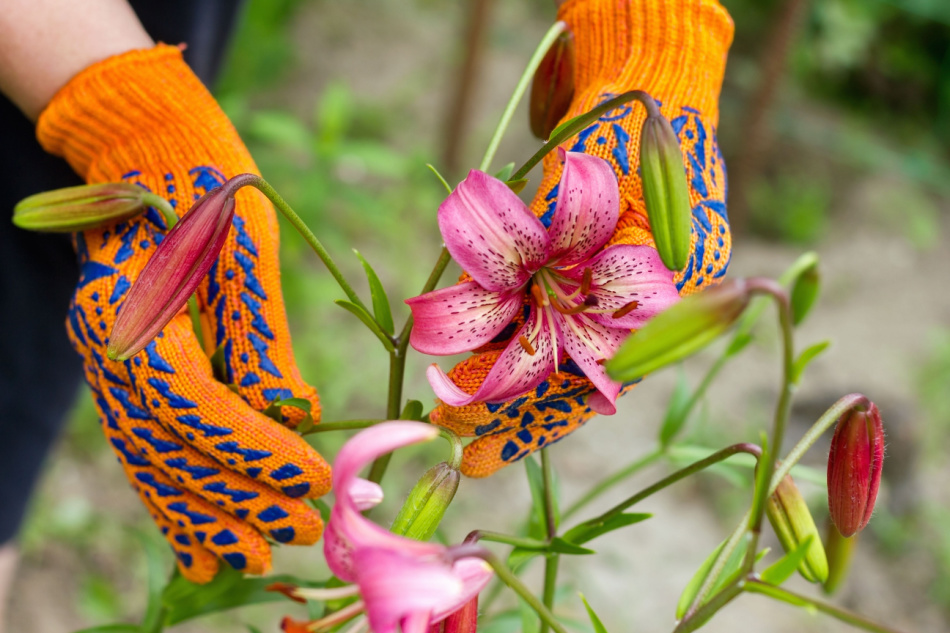
Embrace the buzz by attracting beneficial bugs to your garden
There's more to a successful garden than just the plants you pick out; it's also about the beneficial bugs that call it home. These modest beings are critical to the health and balance of your garden environment. They are nature's allies, from pollinators to pest predators. Your garden may become Read More...

The case for growing nectar-rich plants in your garden this spring
The nectar created by flowering plants is a significant food source for many of the critters we share our environment with. Those of us who want to attract wildlife to our gardens understand the importance of having flowering plants in bloom for as long as possible. Selecting nectar-rich plants Read More...

Study reveals bumblebees play with toys for fun, too
According to a new study, bumblebees don't just work hard—they like to play too. Scientists observed that the little insects enjoy rolling small wooden balls for no apparent reason other than for pleasure. "As humans, we might believe that we are the smartest and perhaps the only creatures Read More...

Love bees but need to relocate a hive? Here’s how to do it sustainably
If you are a longtime reader of The Optimist Daily, you’ll know that our team loves bees (and other pollinators). We've published many stories on why bees are critical to our world’s ecosystem and to our species' survival, as well as articles that highlight amazing people and initiatives that Read More...

The shape of flowers reduces parasites transmitted to bumblebees
Bumblebees are furry and critical pollinators that are sadly vulnerable to many things such as heat and predators. Another thing that affects their populations that we can keep an eye out for in our gardens is parasites. Recent research from North Carolina State University showed that the Read More...

Insect informants—Bees help Italy’s Carabinieri police force fight pollution
Italy’s special police force, the Carabinieri, is known for handling high-profile criminals such as the mafia. However, they also are charged with the important responsibility of protecting local forests and the surrounding environment. To do so, the Carabinieri has worked closely with an Read More...

4 fascinating facts about bees to celebrate Bee Day
May 20th is Bee Day! So, to celebrate our fabulous pollinating friends, here are four facts that go beyond their all-important role in plant cross-fertilization. Females are the future Female bees have different jobs depending on the species, but in all communities, female bees play essential Read More...

Six ways to encourage pollinating bees in your garden
Bees are the most prolific pollinators on the planet and every gardener’s best friend. The majority of flowering plants in the world need the help of pollinating animals like bees to reproduce, and they pleasantly add a gentle buzz to the air. So how do you make sure that your local bee Read More...

"Invisible" UV bull's-eye is vital in attracting pollinators to flowers
Here at The Optimist Daily, we hold a special tenderness in our hearts for our planet's pollinators. Mini-beasts, like bees and butterflies, have the integral role of spreading pollen from plant-to-plant facilitating their reproduction. In return, the plants provide the insects with the delicious Read More...

The James Dyson Award: a call to young inventors
The Optimist Daily has written about many winners of the James Dyson Award. This is an international design award that celebrates, encourages, and inspires the next generation of design engineers. It is open to current and recent design engineering students and is run by the James Dyson Foundation, Read More...


